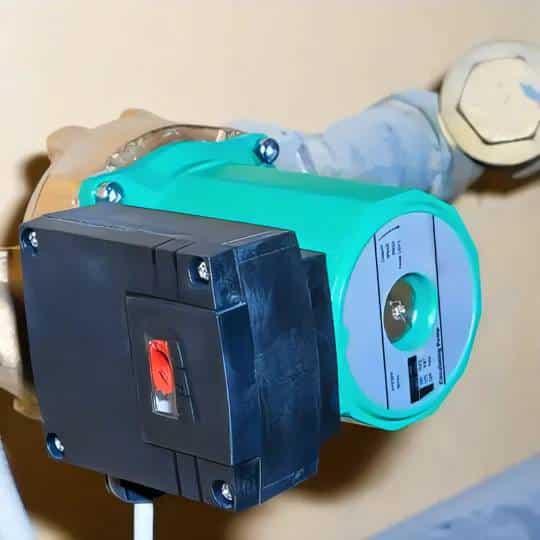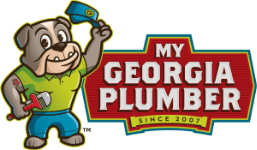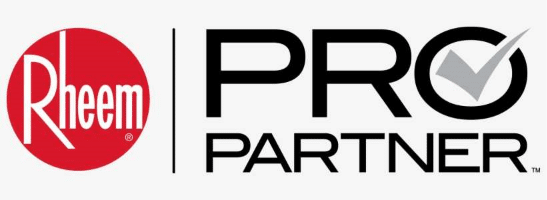
Troubleshooting Hot Water Recirculation System Problems: Common Issues and Solutions
Hot water recirculation systems are designed to provide instant hot water and convenience. However, like any system, they can experience problems that require attention. In this article, we will explore four common issues with hot water recirculation systems and provide tips on how to fix them.
- Excess Noise: A sudden increase in noise from the recirculation pump can be concerning. Several factors can contribute to a buzzing noise, including air in the system, improper pump sizing, worn-out bearings, or a clogged system. Solution: Bleed the air out of the system if present. Throttle pressure-side valves to correct oversized pumps or consider installing a larger pump for undersized ones. Worn-out bearings necessitate pump replacement, while a clogged system can be effectively cleaned.
- Low Flow Rate: Insufficient flow rate is a common issue, especially when the pump has a small motor. Incompatibility with tankless water heaters can also lead to low flow rates. Solution: Ensure the pump is compatible with your water heater before installation. If the motor is too weak, replacing the pump with a more suitable one may be necessary. Check the manufacturer’s manual for troubleshooting guidance and address any clogs in the system affecting water pressure.
- Corrosion: Corrosion is a prevalent issue in water-based systems, including hot water recirculation systems. Metal components in contact with water can lead to corrosion, resulting in impure water, decreased water pressure, leaks, and ruptures. Solution: Contact a local plumber for professional assistance in dealing with corrosion-related problems. Timely intervention can prevent further damage and costly repairs. Consider using plastic components where possible to minimize corrosion risks.
- Wasted Power: Hot water recirculation pumps can consume excessive power, especially when running unnecessarily during periods of low water demand. Solution: If you notice a significant increase in power consumption, inspect the entire system for leaks or improper installation. Identifying and addressing the cause will not only prevent inflated utility bills but also help detect underlying issues that require attention.
Understanding and addressing common problems with hot water recirculation systems is essential for ensuring their optimal performance and longevity. By troubleshooting excess noise, low flow rate, corrosion, and wasted power, you can maintain a reliable and efficient hot water supply.







